The country has breathed a heavy sigh of relief after the finalization of number of ministerial posts to be distributed among the partners of the present coalition. The Nepali Congress(NC) will receive 7, the Maoist Central(MC)5 with additional one State Minister, the United Socialists(US) and the Jana Samajbadi Party(JSP) 2 each and one by Babu Ram Bhattarai led Nepal Samajbadi Party as well as Nagarik Unmukti Party(NUM). The Jana Mat Party(JMP) will get two including one State Ministry. Fate of one State Ministry is still hanging in balance.
This however is similar to a half baked potato because the ministries have yet to be allocated to these coalition partners. Though it has been known that the portfolios also have been agreed but it has not yet been announced. This can prove to be a stumbling block towards speedy extension of the cabinet.
The surprising aspect of the present coalition is that common minimum program or the coalition agreement has not yet been announced. It appears that it will receive attention only after the extension of the cabinet. If it is so which appears it to be, then it is like putting the cart before the horse when it should be the other way round.
Prime Minister Prachanda has been sustaining the load of 16 ministries at the present like a champion weight lifter. As one single person, however competent cannot attend to so many responsibilities at a time, it follows that the Prime Minister is not looking after the ministries at all. Had this been possible, there would not be the allocation of one portfolio to one person.
This situation had come into being due to the delay in the extension of the cabinet. The Prime Minister had been assuring the public that it will be extended by proverbial tomorrow whenever inquired about it. But given that so called tomorrow had not been forthcoming for a long time, the Prime Minister's tomorrow had been worse than Bhanubhakta's tomorrow. He has not been able to walk the talk.
This is very worrying as the Ministries have been like a rudderless ship. Especially, the absence of Finance Minister for such a long time at a time when the country is tottering through the precipice of economic distress has been very alarming indeed. The new Coalition has not been able to heal the wound bleeding the country.
Bhanubhakta, the Adikabi or the first poet of Nepal is said to have troubled by court officials particularly so called Ditthas and Bicharis of the second to the eighth decade of the nineteenth century when the poet lived in Nepal, equivalent to Gazetted third and Non- Gazetted first class officers of today. He has written how these officials remain silent without uttering a word and that when they speak they invariably postpone for tomorrow. The poet asks either to give the verdict or express their inability. The Prime Minister also used to keep mum and when forced to speak out he would say tomorrow.
This is very worrying as the Ministries have been like a rudderless ship. Especially, the absence of Finance Minister for such a long time at a time when the country is tottering through the precipice of economic distress has been very alarming indeed. The new Coalition has not been able to heal the wound bleeding the country.
Though coalition portfolio distribution is not a cake walk due to the presence of political parties of diverse political thinking which is time consuming when compared to a single party majority Government, it has been taking too long than usual in our country. The average time taken for such an endeavor in Europe is 40 days. Countries like Canada form the Government within three days and the ones like Germany even take 90 days. Prachanda has also taken more than a month now in view of the formation of the new coalition on 27th February following the withdrawal of the UML on that day. Yes, the election of the President and the Vice President took place in between but it cannot be a pretext for the delay.
The three problems usually faced by the coalition is the announcement of the common minimum program followed by the determination of the number of cabinet sheets allocated to each party culminating in the distribution of the portfolios. Prachanda is spinning around these three vortices of the political triangle.
Gramson law has states that the number of cabinet sheets are determined according to the strength of each party in the parliament. At the present, the NC, MC, Rastriya Swatantra Party(RSP), JSP, US, JMP,Loktantra Samajbadi Party(LSP), NUP, RJM, Prabhu Shaha have 89, 32, 20, 12, 10, 6, 4, 3, 1 and 1. Given that there are maximum of 25 portfolios according to the constitution, the proportionate numbers come to 12, 4, 3, 2, 1,1,0.6, 0.4, 0.14 and 0.14 respectively. Since even politically minnow parties shamelessly claim for at least one seat the share of NC has come down to 7. So far there has been a decision of 21 ministries. Few seats have been kept vacant to accommodate perhaps the likes of RSP, LSP and the likes who have yet to join the Government.
The three problems usually faced by the coalition is the announcement of the common minimum program followed by the determination of the number of cabinet sheets allocated to each party culminating in the distribution of the portfolios. Prachanda is spinning around these three vortices of the political triangle.
Similarly, the allocation of the portfolio is done according to what the parties have committed to the people in the election manifesto. For example, the Green Parties will be more intent to have the Ministry of Forests and Environment. Similarly, socialist parties focus on social welfare and labor issues and hence they are interested in taking Ministry of Labor, Employment and Social Security.
But the aforementioned theories do not work in Nepal even if they do perfectly well in the foreign countries. It is basically because of the prevailing disregard to ideology and inclination to the enjoyment of power and perk. Generally, the political parties are aligned to the democratic and leftist axis. In the present coalition, the parties that are not in the same page ideologically have cobbled up. This is not only in the governing coalition but also in the opposition. The party in the opposition the United Marxists and Leninists are working hand in glove with the Rightist Rastriya Prajatantra Party. It is a political wedding of the Republicasn and the Monarchists.
With this mix up in the Government and the Opposition, the country has lost political direction. It is like a ship in the desolate sea with a dysfunctional compass and thus devoid of any direction. The country is less likely to be ashore as it is almost like an unfortunate ship destined to drowning like the famous Titanic. It is unfortunate that the towering leaders of the country have not woken to this reality. They have been functioning following the traditional mindset which is certain to spark multiple crises in the future.
The author is the former Vice-Chancellor of Nepal Academy of Science and Technology (NAST).



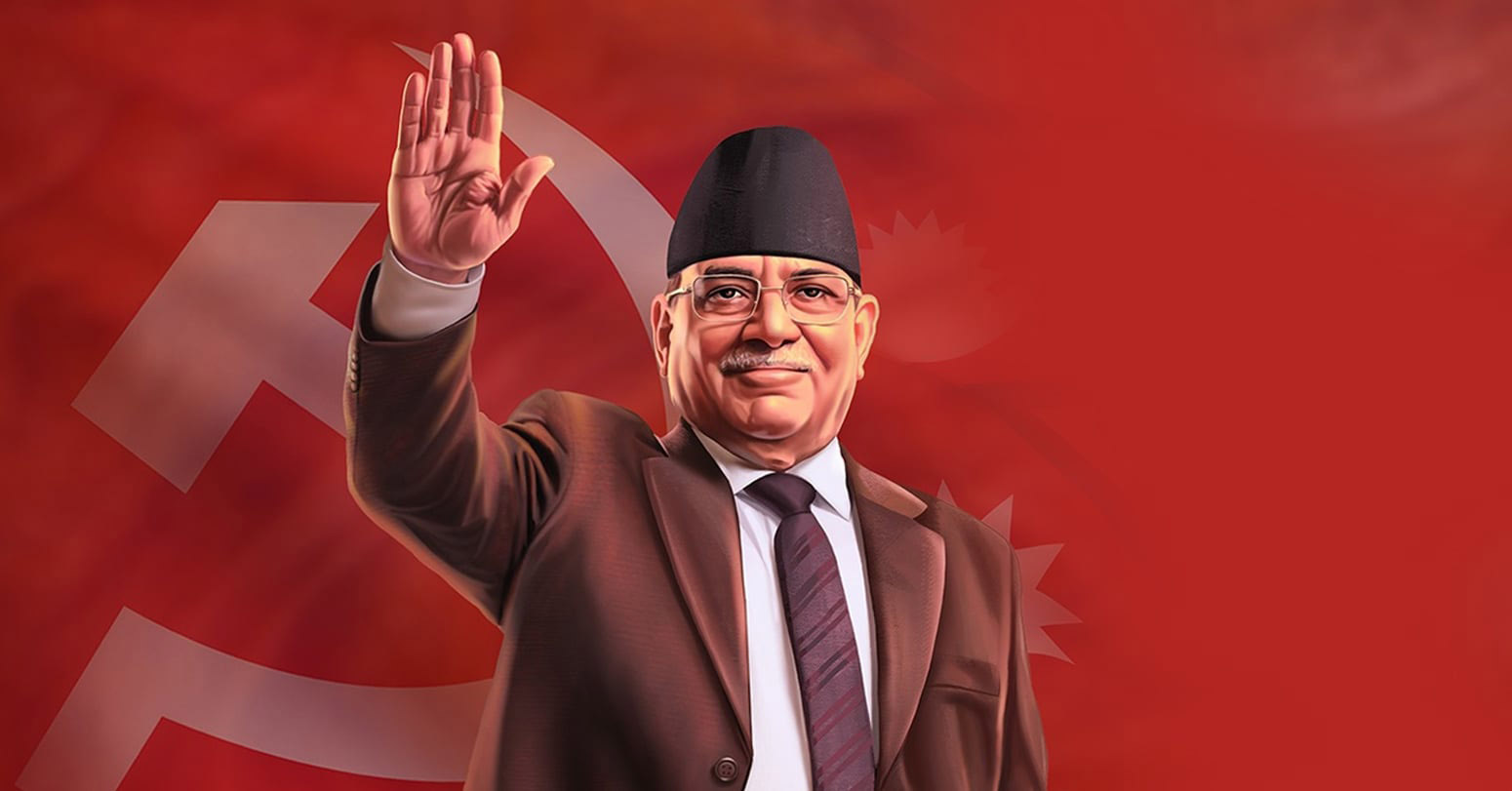


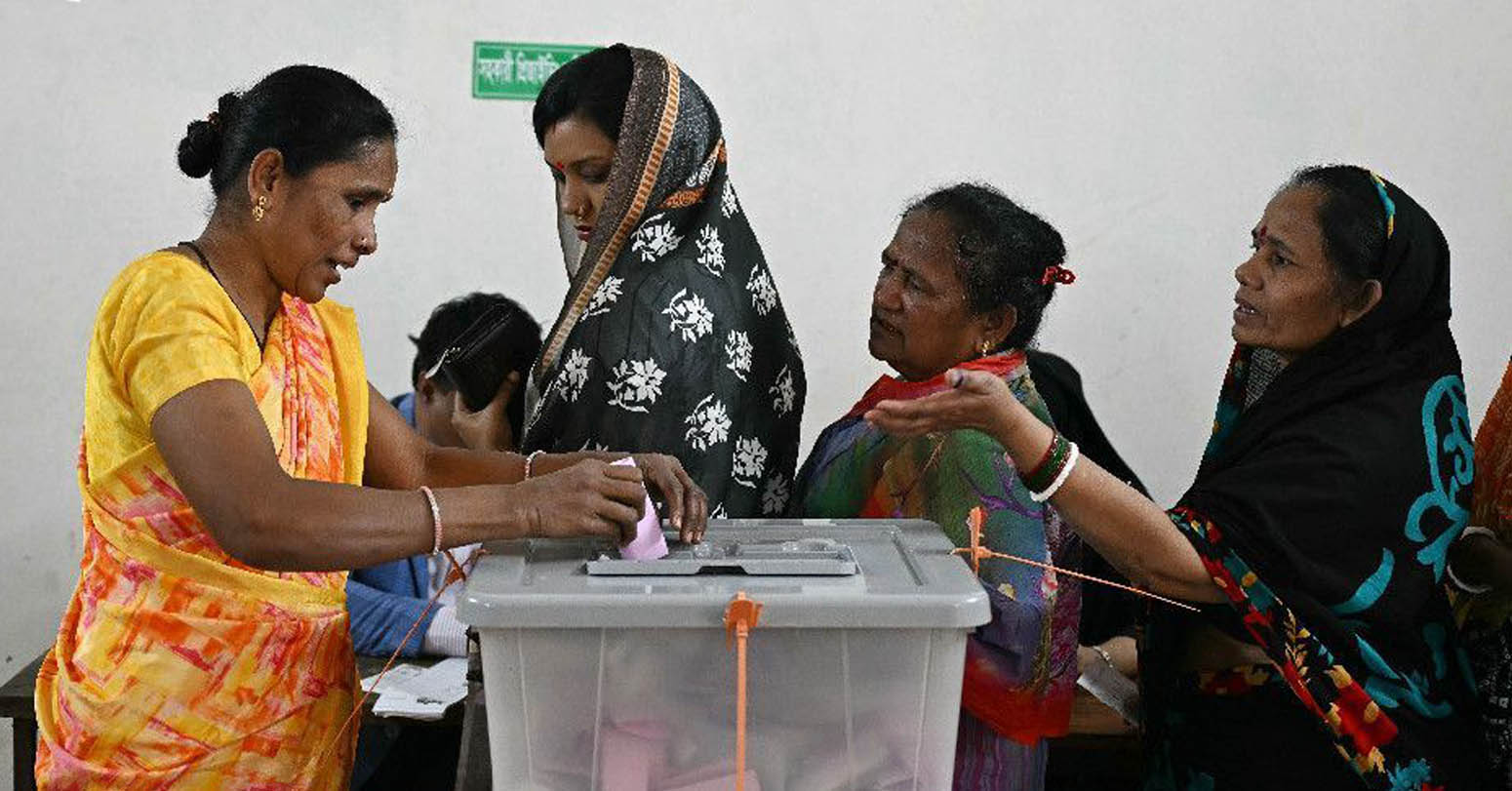
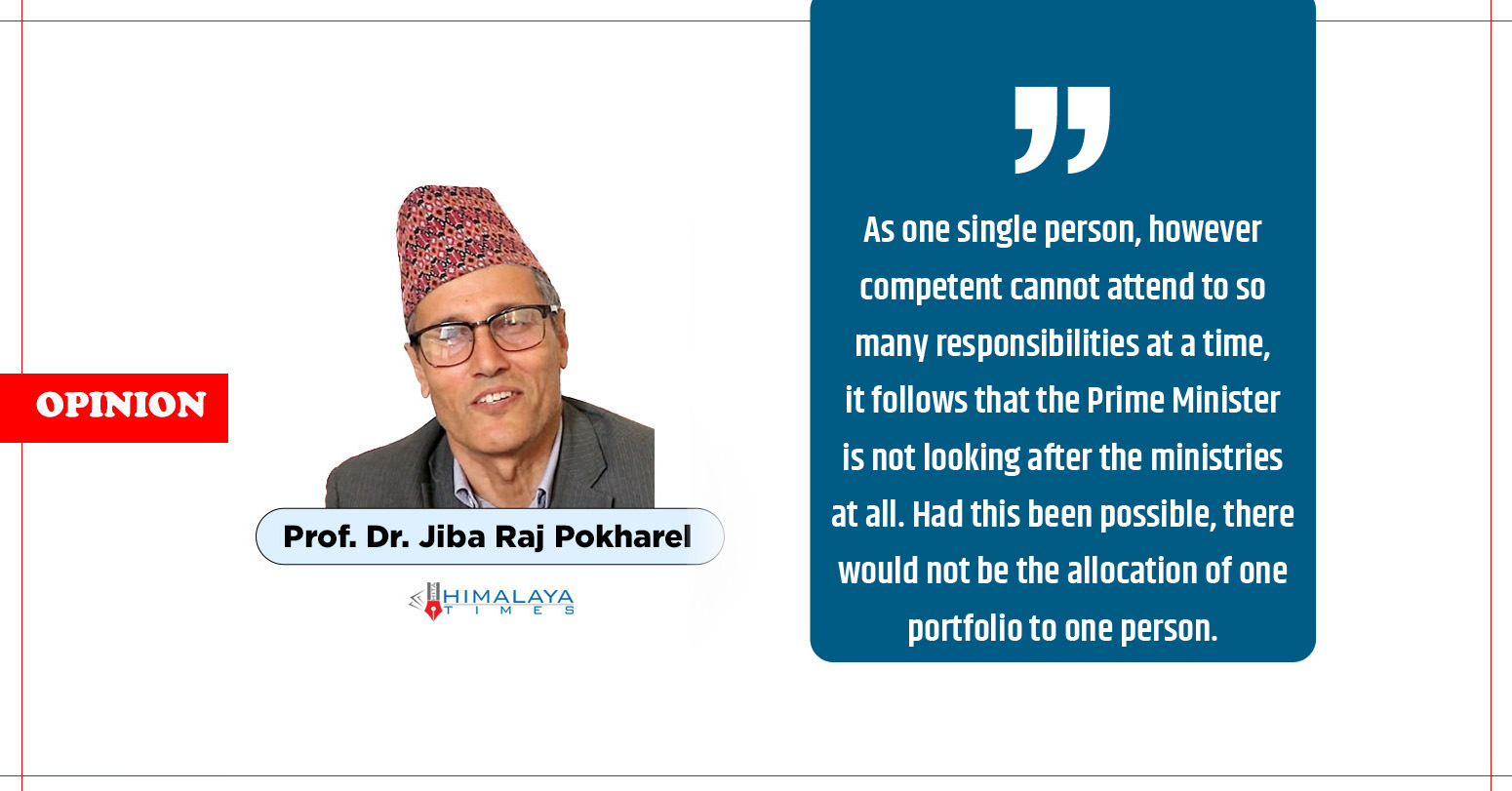
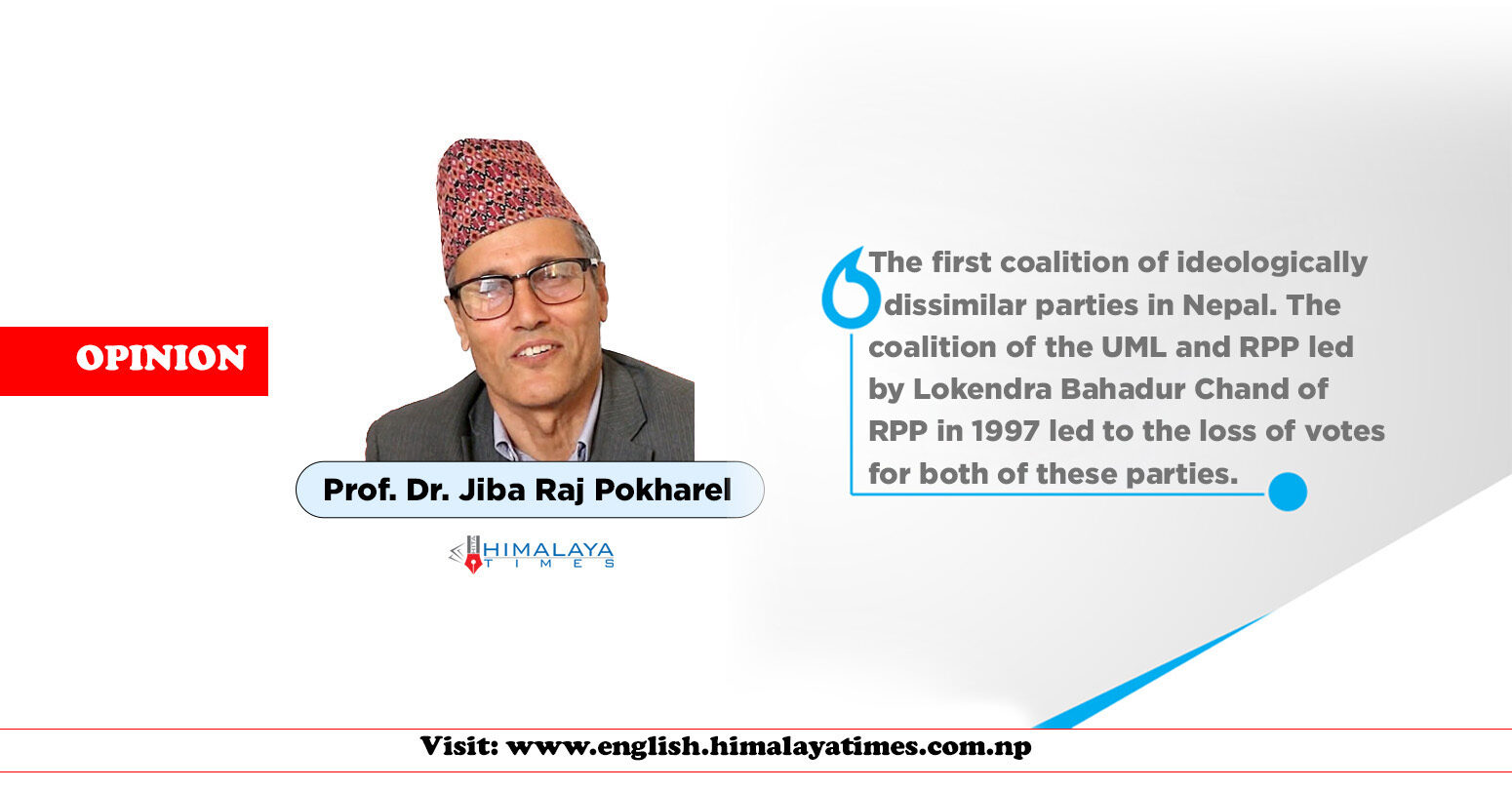
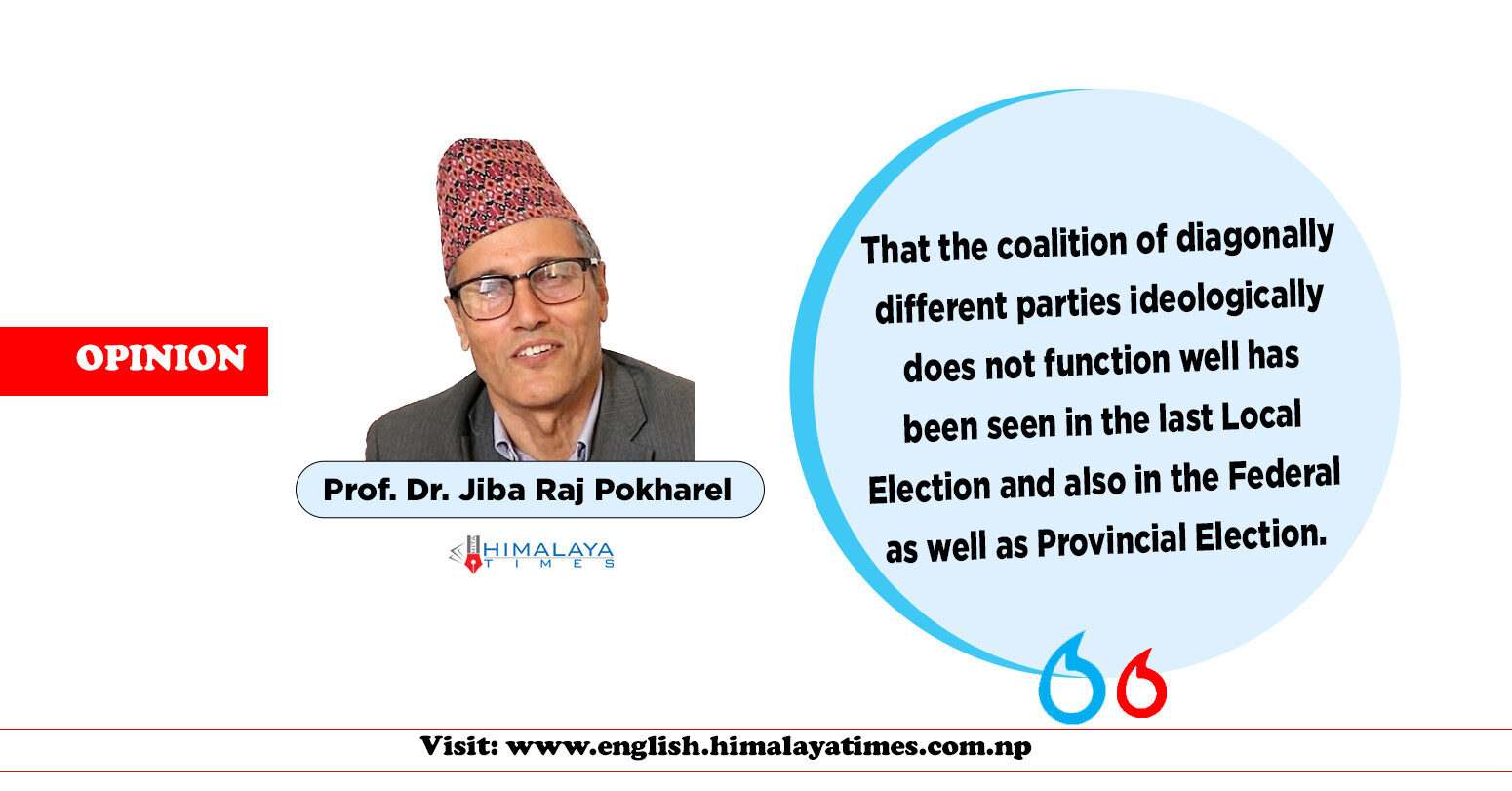










Middle-aged man spends millions to
Dr. Dharam Raj Upadhyay: Man
Children, Greatest Victims Of Sudan’s
Breathing The Unbreathable Air
Comprehensive Data Protection Law Critically
Gender Differences In Mental Healthcare